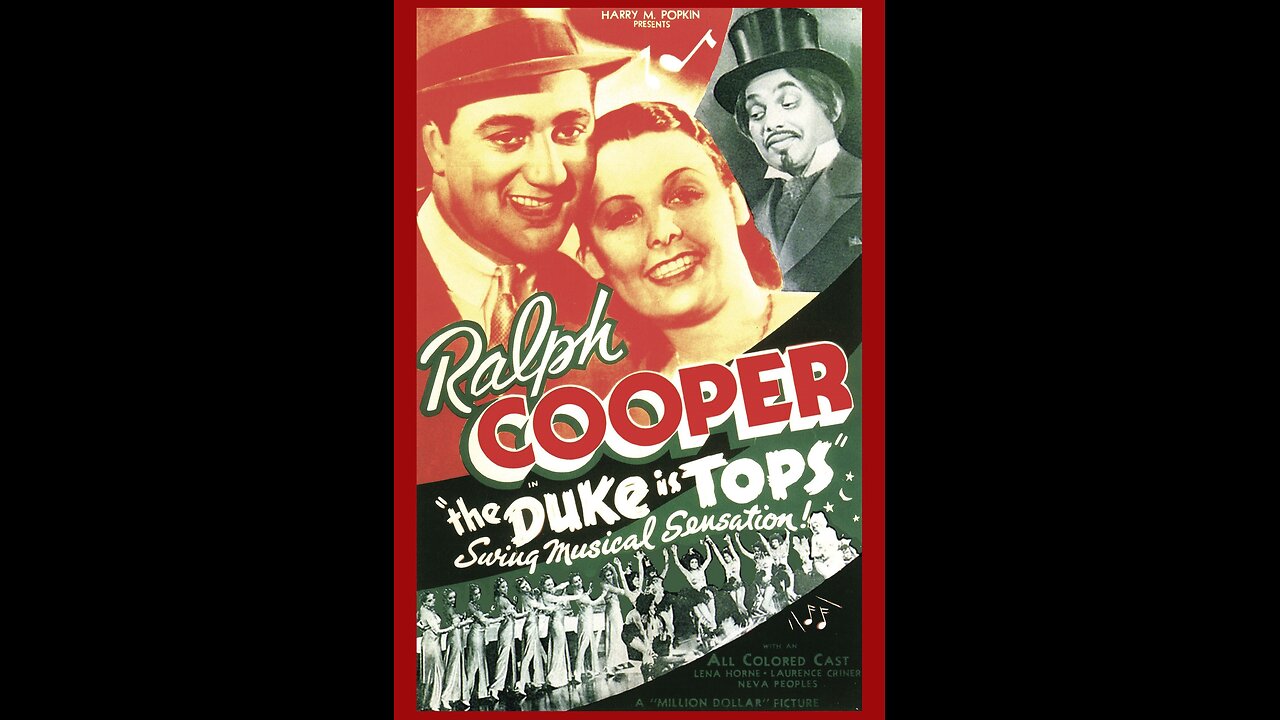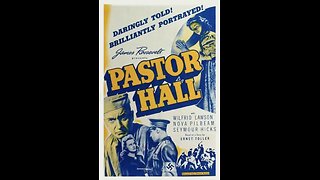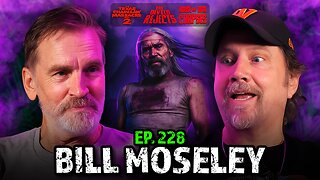Premium Only Content

The Duke Is Tops (1938) | Directed by William Nolte
The Duke Is Tops is an all-Black-cast musical drama that tells the story of Duke Davis, a talented but struggling stage producer who helps launch the career of a rising singer, Ethel Andrews. When Ethel finds fame and leaves for bigger opportunities, Duke sacrifices his own career for her success. Later, fate reunites them in a triumphant finale that celebrates loyalty, love, and the power of show business. The film is a lively showcase of African-American music, dance, and performance during the Harlem Renaissance era.
Genre: Musical, Drama, Romance
Director: William Nolte
William Nolte was an American director active in the 1930s and 1940s, primarily known for his work on low-budget productions made for independent studios. Though his career was brief and not widely documented, Nolte contributed to several race films—motion pictures made by Black filmmakers and actors for African-American audiences during segregation. The Duke Is Tops stands as his best-known work due to its historical significance and the breakout performance it gave to Lena Horne.
Star Cast:
Ralph Cooper as Duke Davis
Lena Horne as Ethel Andrews
Laurence Criner as Doc Dorando
Monte Hawley as Mr. Marshall
Edward Thompson as Doc
Harley Woods as Tommy
George Wiltshire as Sam
Nina Mae McKinney (uncredited cameo in some prints)
When released, The Duke Is Tops was well received in African-American theatres and communities, appreciated for its strong musical performances and all-Black cast at a time when Hollywood offered few such roles. The film gained particular attention for introducing audiences to a young Lena Horne, whose poise and voice made a lasting impression. Though production values were modest, audiences celebrated its energy, humor, and optimism. In later years, it became a historically important example of “race cinema,” showing the vibrancy of Black entertainment in pre-war America.
Fun Facts:
The film marked the first screen appearance of Lena Horne, who later became one of Hollywood’s first major African-American stars.
When reissued in 1943 after Horne achieved fame, the film was retitled The Bronze Venus to capitalize on her success.
Ralph Cooper, who wrote and co-produced the film, was also the founder and emcee of the legendary Amateur Night at the Apollo Theater in Harlem.
The movie featured original songs and musical numbers by leading African-American artists of the time.
It was produced by Million Dollar Productions, a pioneering company specializing in films for Black audiences.
Despite its low budget, the film’s story of ambition, romance, and redemption helped pave the way for greater visibility of Black performers in American cinema.
Surviving prints of the film have since entered the public domain and are frequently shown in retrospectives of early African-American cinema.
* This Rumble Movie Channel is comprehensively indexed on https://kinoquick.com - find you favourite movies fast & free!
* Follow this channel to be notified of daily movie updates.
-
 1:36:25
1:36:25
Classic Films & Movies Archive
5 days agoPastor Hall (1940) | Directed by Roy Boulting
184 -
 UPCOMING
UPCOMING
Quite Frankly
5 hours agoThe Forest King, NPC Nation, Calls & EXTRAS | Lubomir Arsov 10/27/25
9963 -
 UPCOMING
UPCOMING
The Mike Schwartz Show
1 hour agoTHE MIKE SCHWARTZ SHOW Evening Edition 10-27-2025
17 -
 13:53
13:53
Tundra Tactical
2 hours agoGlock Apocalypse - Tundy Meme Review
2.66K1 -
 LIVE
LIVE
Jamie Kennedy
15 hours agoThe Macabre Mind of Bill Moseley: Horror, Philosophy & the Spirit of Darkness| Ep 228 HTBITY
100 watching -
 LIVE
LIVE
Wayne Allyn Root | WAR Zone
7 hours agoWatch LIVE: The War Zone Podcast with Wayne Allyn Root
51 watching -
 1:37:49
1:37:49
Redacted News
3 hours agoBREAKING! "LEAVE NOW OR BE ASSASSINATED" CIA BACKED COUP IN VENEZUELA HAS BEGUN | Redacted News
127K55 -
 1:55:47
1:55:47
vivafrei
10 hours agoEp. 288: VIva & Barnes Sunday Night Show... ON A MONDAY! Trump, Gavin, Government Shutdown & MORE!
146K41 -
 28:38
28:38
Standpoint with Gabe Groisman
2 hours agoPrime Minister Netanyahu: Inside Israel's War, Peace and the Path Forward.
24.5K12 -
 LIVE
LIVE
LFA TV
22 hours agoLIVE & BREAKING NEWS! | MONDAY 10/27/25
966 watching